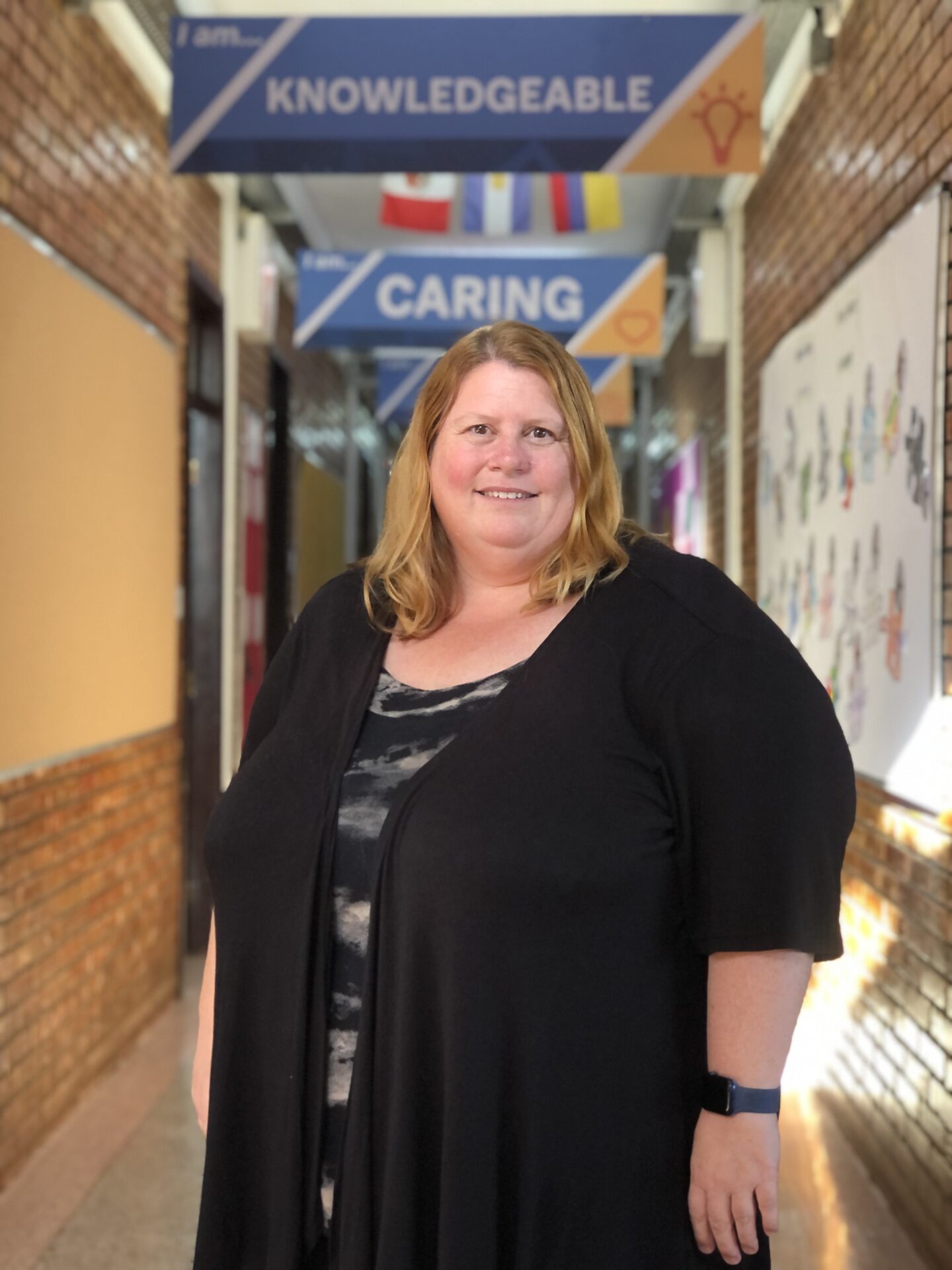MESSAGE FROM THE PYP COORDINATOR
My name is Christina Fraser and I am the PYP Curriculum Coordinator at The American School of Belo Horizonte, also known as EABH. I am originally from Australia and have spent the past 13 years teaching and leading in a large PYP school in the United Arab Emirates (Abu Dhabi). In the last 23 years I have taught in Canada, Japan, Australia and the UAE with the belief that inquiry and international mindfulness is the bedrock for strong education and compassionate students. Research shows that children learn best by exploring, asking questions and collaborating. I am delighted to welcome you (students and parents) to the Primary Years Programme and provide an understanding of how we integrate aspects of the Brazilian Program to create a unique and dynamic learning experience here at EABH. I believe as you explore this page you will come to understand why the educational research demonstrates IB students are more likely to attend college and even grow up to become influential leaders such as IB graduate Justin Trudeau, the Prime Minister of Canada. This future success all starts here in the PYP, the foundation for lifelong learning and civic engagement for 4-11 year olds.
OUR FRAMEWORK FOR LEARNING
One thing that is vital to understand is that the IB programmes were designed with a vision for a better world. Its main goal is to equip young people with the skills, values and knowledge necessary to build a more peaceful future. The PYP lays the foundation of this mission through 4 key features.
01: ESSENTIAL SKILLS
We share a belief that learning how to learn is fundamental to a student’s education. The five categories of interrelated skills aim to empower students to become self-regulated learners who know how to ask good questions, set effective goals, pursue their aspirations and have the determination to achieve them. These skills also help to support students’ sense of agency, encouraging them to see their learning as an active and dynamic process.
There are five main skill areas that we integrate into our approaches to learning which are evaluated in our units of inquiry.
02: CONCEPTUAL LEARNING
Our curriculum model emphasizes the importance of making connections, exploring the relationships between academic disciplines, and learning about the world in ways that reach beyond the scope of individual subjects. We focus on offering students authentic opportunities to connect their learning to the world around them. We also allow students to express themselves thoroughly through translanguaging, in which they use their whole language repertoire in order to describe and articulate their conceptual understandings. In every grade level, students investigate ideas through the lens of the KEY CONCEPTS in order to develop a robust understanding of the central ideas of their unit of inquiry. You can see these key concepts below in the graphic organizer.
O3: INQUIRY
Guided by six transdisciplinary themes of global significance, students inquire into concepts that spiral and deepen as they mature through their student life here at EABH. Teaching uses real-life contexts and examples, and students are encouraged to process new information by connecting it to their own experiences and to the world around them.
The PYP themes are dynamic because a transdisciplinary programme of inquiry leaves room for emergent and unexpected ideas and directions to take the learning and make connections that students might not be able to encounter in a traditional classroom. When you look at the themes, you will notice that they articulate more like questions rather than statements of fact, demonstrating the flexibility and openness to critical thinking, self-exploration and the cultivation of a community of learning.
WHO WE ARE
An inquiry into the nature of the self; beliefs and values; personal, physical, mental, social and spiritual health, human relationships, including families, friends, communities, and cultures; rights and responsibilities; what it means to be human.
WHERE WE ARE IN PLACE AND TIME
An inquiry into orientation in place and time; personal histories; homes and journeys; the discoveries, explorations and migrations of humankind, the relationship between and the interconnectedness of individuals and civilizations, from local and global perspectives.
HOW WE EXPRESS OURSELVES
An inquiry into the ways in which we discover and express ideas, feelings, nature, culture, beliefs and values; the ways in which we reflect on, extend and enjoy our creativity; our appreciation of the aesthetic.
HOW THE WORLD WORKS
An inquiry into the natural world and its laws, the interaction between the natural world (physical and biological) and human societies; how humans use their understanding of scientific principles; the impact of scientific and technological advances on society and the environment.
HOW WE ORGANIZE OURSELVES
An inquiry into the interconnectedness of human made systems and communities; the structure and function of organizations; societal decision making?; economic activities and their impact on humankind and the environment.
SHARING THE PLANET
An inquiry into rights and responsibilities in the struggle to share finite resources with other people and with other living things; communities and the relationship within and between them; access to equal opportunities; peace and conflict resolution.
O4: CHARACTER (IE: DEVELOPING THE CHILD AS A LIFELONG LEARNER)
The IB Learner Profile describes the capacities that we want our students to develop as they grow into lifelong learners. The proof that they can successfully demonstrate these qualities is during the culminating event of the 5th grade Exhibition, a completely student-led inquiry that is presented to our school community.
These are attributes that are developed over the course of learning at EABH.
INQUIRERS
They develop their natural curiosity. They acquire the skills necessary to conduct inquiry and research and show independence in learning. They actively enjoy learning and this love of learning will be sustained throughout their lives.
KNOWLEDGEABLE
They explore concepts, ideas and issues that have local and global significance. In so doing, they acquire in-depth knowledge and develop understanding across a broad and balanced range of disciplines.
THINKERS
They exercise initiative in applying thinking skills critically and creatively to recognize and approach complex problems, and make reasoned, ethical decisions.
COMMUNICATORS
They understand and express ideas and information confidently and creatively in more than one language and in a variety of modes of communication. They work effectively and willingly in collaboration with others.
PRINCIPLED
They act with integrity and honesty, with a strong sense of fairness, justice and respect for the dignity of the individual, groups and communities. They take responsibility for their own actions and the consequences that accompany them.
OPEN-MINDED
They understand and appreciate their own cultures and personal histories, and are open to the perspectives, values and traditions of other individuals and communities. They are accustomed to seeking and evaluating a range of points of view, and are willing to grow from the experience.
CARING
They show empathy, compassion and respect towards the needs and feelings of others. They have a personal commitment to service, and act to make a positive difference to the lives of others and to the environment.
RISK-TAKERS
They approach unfamiliar situations and uncertainty with courage and forethought, and have the independence of spirit to explore new roles, ideas and strategies. They are brave and articulate in defending their beliefs.
BALANCED
They understand the importance of intellectual, physical and emotional balance to achieve personal well-being for themselves and others.
REFLECTIVE
They give thoughtful consideration to their own learning and experience. They are able to assess and understand their strengths and limitations in order to support their learning and personal development.


